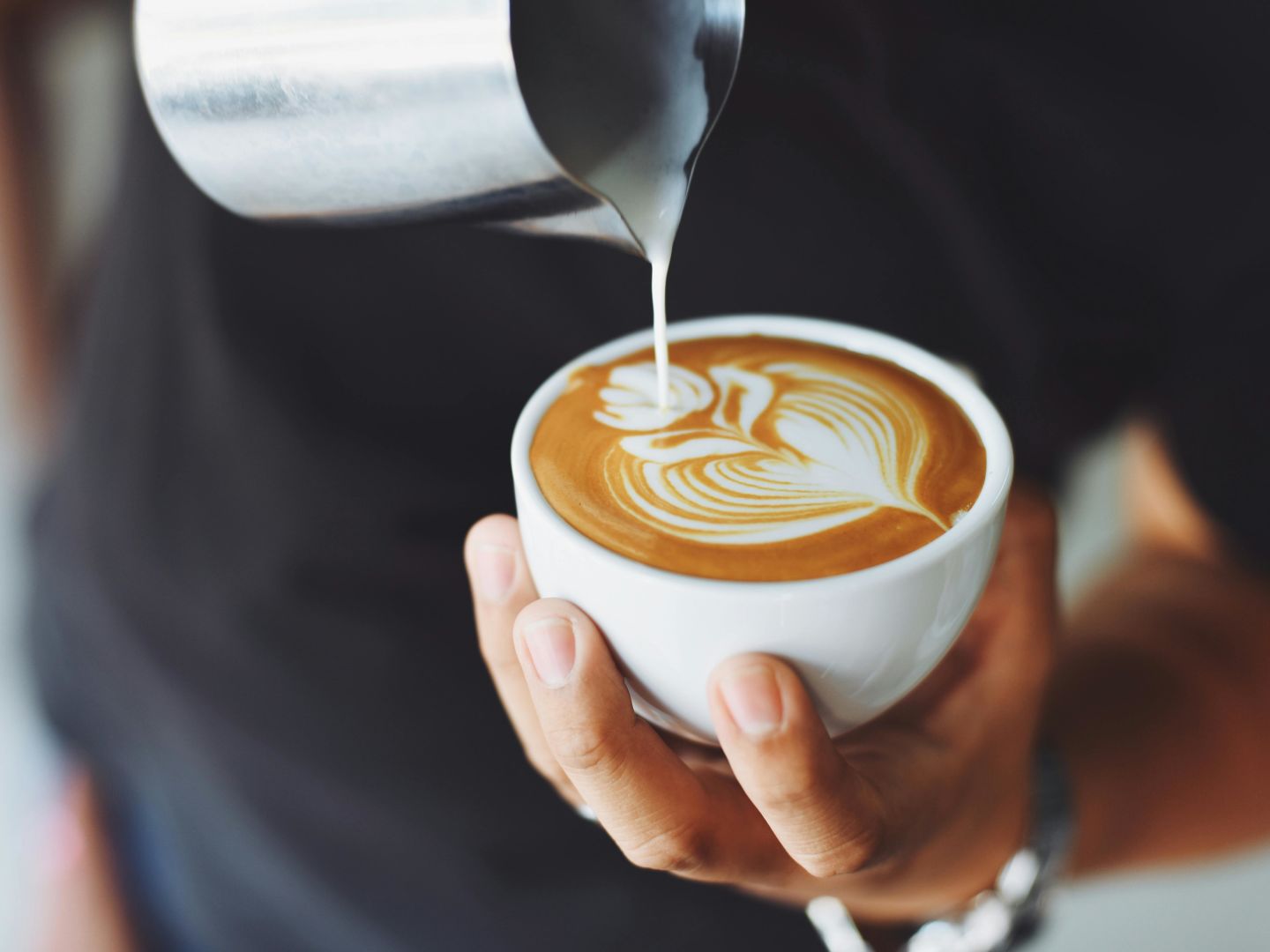Coffee health debate grinds to a halt
With certain caveats, the consensus is that the popular beverage can be good for us – in moderation.

Origin story
Folklore suggests that our love of coffee began in Ethiopia in the 9th century with a goat herder named Kaldi, who noticed his goats getting excitable after eating red berries from a bush.
So, he decided to try some for himself, then gave them to some local officials, who didn’t like the taste and spat the berries into the fire.
They changed their mind when they experienced the aroma of the roasted coffee bean. The drink we know was created when they poured hot water over the charred beans.
There is no historical evidence for this version of events, but it makes a good story.
Coffee has had a controversial and conflicted health record over recent decades, which coincided with the drink gaining global appeal and leaping from elite cafés to our kitchen benches.
In 1991, coffee was included in a list of possible carcinogens by the World Health Organization. By 2016 it was exonerated, as research found that the beverage was not associated with an increased risk of cancer.
Additional research suggests that, when consumed in moderation, coffee can be considered a healthy beverage.
The cup of coffee you order from a coffee shop is probably different from the coffee you brew at home. What defines a cup is:
The type of coffee bean used
How it is roasted
The amount of grind
How it is brewed.
Low to moderate doses of caffeine (50–300mg) may cause increased alertness, energy, and ability to concentrate, while higher doses may have negative effects such as anxiety, restlessness, insomnia, and increased heart rate.
The bottom line is, however, that cumulative research on coffee points to it being of a health benefit.
Does the benefit stem from the caffeine or other compounds in the coffee bean? Is there a certain amount of coffee needed per day to produce a health benefit?
Consuming caffeinated coffee does not increase the risk of cardiovascular diseases and cancers. Drinking three to five standard cups of coffee daily has been consistently associated with a reduced risk of several chronic diseases.
However, some individuals may not tolerate higher amounts of caffeine due to symptoms of jitteriness, anxiety, and insomnia.
And people who have difficulty controlling their blood pressure may want to moderate their coffee intake. Pregnant women are also advised to aim for less than 200mg of caffeine daily, the amount in two cups of coffee, because caffeine passes through the placenta into the foetus and has been associated with pregnancy loss and low birth weight.
Decaffeinated coffee is a good option if you are sensitive to caffeine, and it offers similar health benefits to caffeinated coffee.
It’s also important to keep in mind how you enjoy your brew. The extra calories, sugar, and saturated fat in a coffee house beverage loaded with whipped cream and flavoured syrup might offset any health benefits found in a basic black coffee.
Here’s what to look for in coffee:
Type of roast: The lighter the roast, the lighter the colour and roasted flavour and the higher its acidity. Dark roasts produce a black bean with little acidity and a bitter roasted flavour. The popular French roast is medium-dark.
Type of grind: A medium grind is the most common and used for automatic drip coffee makers. A fine grind is used for deeper flavours such as espresso, which releases the oils, and a coarse grind is used in coffee presses.
Storage: Place beans or ground coffee in an airtight opaque container at room temperature away from sunlight. Exposure to moisture, air, heat, and light can strip coffee of its flavour. Transfer larger amounts of coffee to airtight containers.
Coffee can be frozen if stored in a very airtight container. Exposure to even small amounts of air in the freezer can lead to “freezer burn”, which may affect its taste and texture.
It is a myth that darker roasts contain a higher level of caffeine than lighter roasts. Lighter roasts actually have a slightly higher concentration.
Should you drink water with coffee? While water is always the best choice for quenching your thirst, coffee can count towards your daily fluid goals. Although caffeine has a mild diuretic effect, it is offset by the total amount of fluid from the coffee.
For more information on health and coffee, listen to this entertaining discussion on ABC Radio’s Health Report.
Related reading: Harvard, ABC, Britannica
Photo by Chevanon Photography on Pexels
Disclaimer: This article is for informational purposes only and should not be considered medical advice. Consult a healthcare professional about any health concerns or before making any changes to your medication, diet, or exercise routine.





